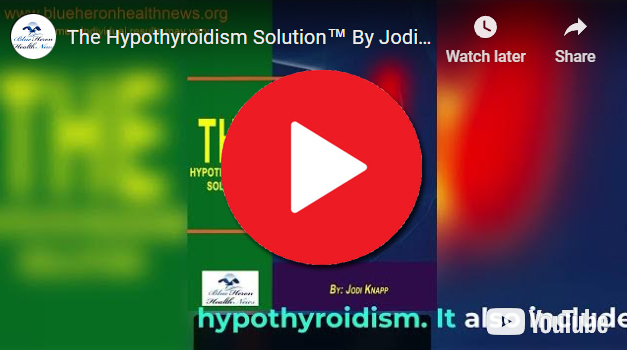
Living with hypothyroidism, a condition where the thyroid gland doesn’t produce enough thyroid hormone, can have a significant impact on a person’s life. Here’s an overview of what the life of a person with hypothyroidism might be like:
- Diagnosis: Hypothyroidism is typically diagnosed through blood tests that measure the levels of thyroid-stimulating hormone (TSH) and thyroid hormones (T3 and T4). Once diagnosed, a healthcare provider will prescribe medication, usually synthetic thyroid hormones like levothyroxine, to replace the deficient hormones.
- Medication: Taking medication is a crucial part of managing hypothyroidism. Individuals with this condition need to take their prescribed thyroid hormone replacement medication daily, typically on an empty stomach. The medication helps regulate the body’s metabolism and energy levels.
- Symptoms: Hypothyroidism can cause a wide range of symptoms, which may vary in severity and can affect individuals differently. Some common symptoms include fatigue, weight gain, sensitivity to cold, dry skin, hair loss, depression, muscle aches, and memory problems. These symptoms can have a significant impact on daily life and overall well-being.
- Lifestyle adjustments: To manage hypothyroidism effectively, individuals may need to make certain lifestyle adjustments. This may include maintaining a balanced diet, exercising regularly, and managing stress levels. Some people may find that certain dietary changes, such as reducing the intake of goitrogenic foods (foods that interfere with thyroid function), can be helpful.
- Regular check-ups: People with hypothyroidism typically require regular check-ups with their healthcare provider. These appointments involve monitoring hormone levels through blood tests and adjusting medication dosage if necessary. Regular check-ups help ensure that the condition is properly managed and that medication dosage remains adequate.
- Long-term management: Hypothyroidism is usually a lifelong condition that requires ongoing management. Over time, medication dosage may need to be adjusted, so it’s important to maintain regular communication with a healthcare provider and follow their recommendations. It’s also essential to be aware of any changes in symptoms and report them to the healthcare provider.
- Potential complications: If left untreated or poorly managed, hypothyroidism can lead to various complications. These may include heart problems, elevated cholesterol levels, infertility, mental health issues, and in severe cases, a life-threatening condition called myxedema coma. Proper management and regular medical care can help prevent or minimize these complications.
Remember, every individual’s experience with hypothyroidism can differ, and the severity of symptoms can vary. It’s important to work closely with a healthcare provider who can provide personalized guidance and support based on individual needs.
See More on Video

The Hypothyroidism Solution™ By Jodi Knapp This guide includes a stepwise guide that can be followed easily to recover from the problem of hypothyroidism. It also includes detailed information about the routine of detoxing and cleansing your system before following the program provided in this eBook.